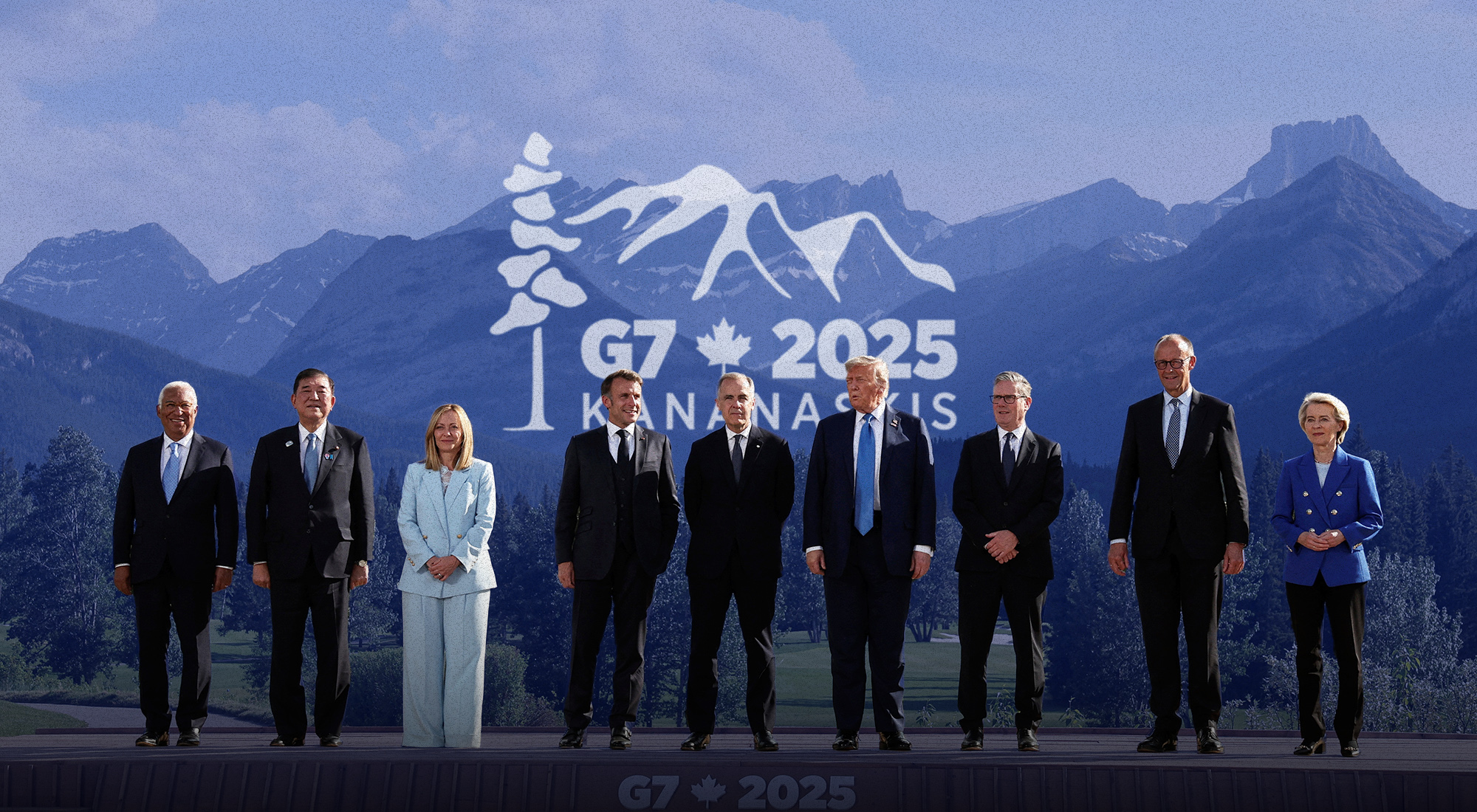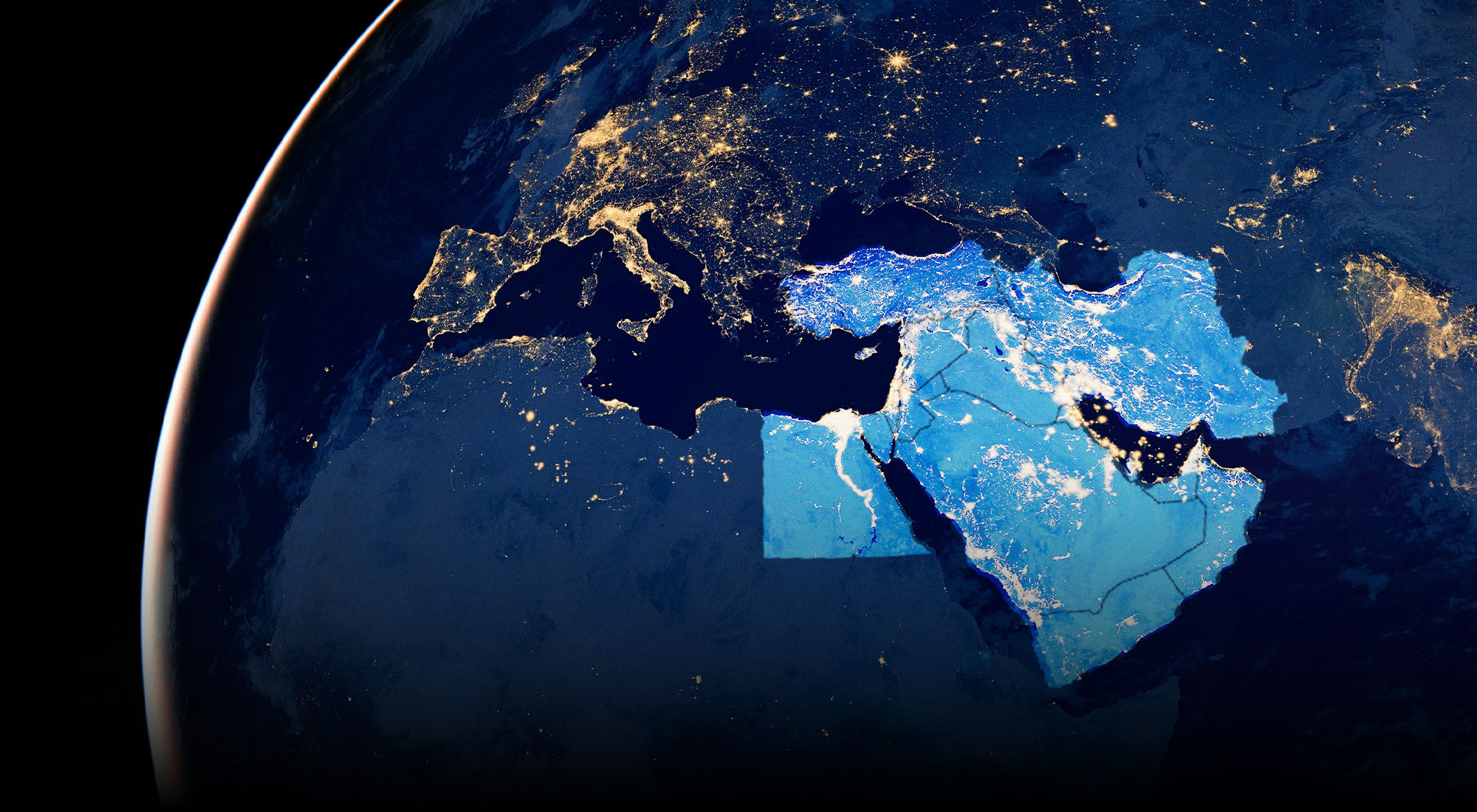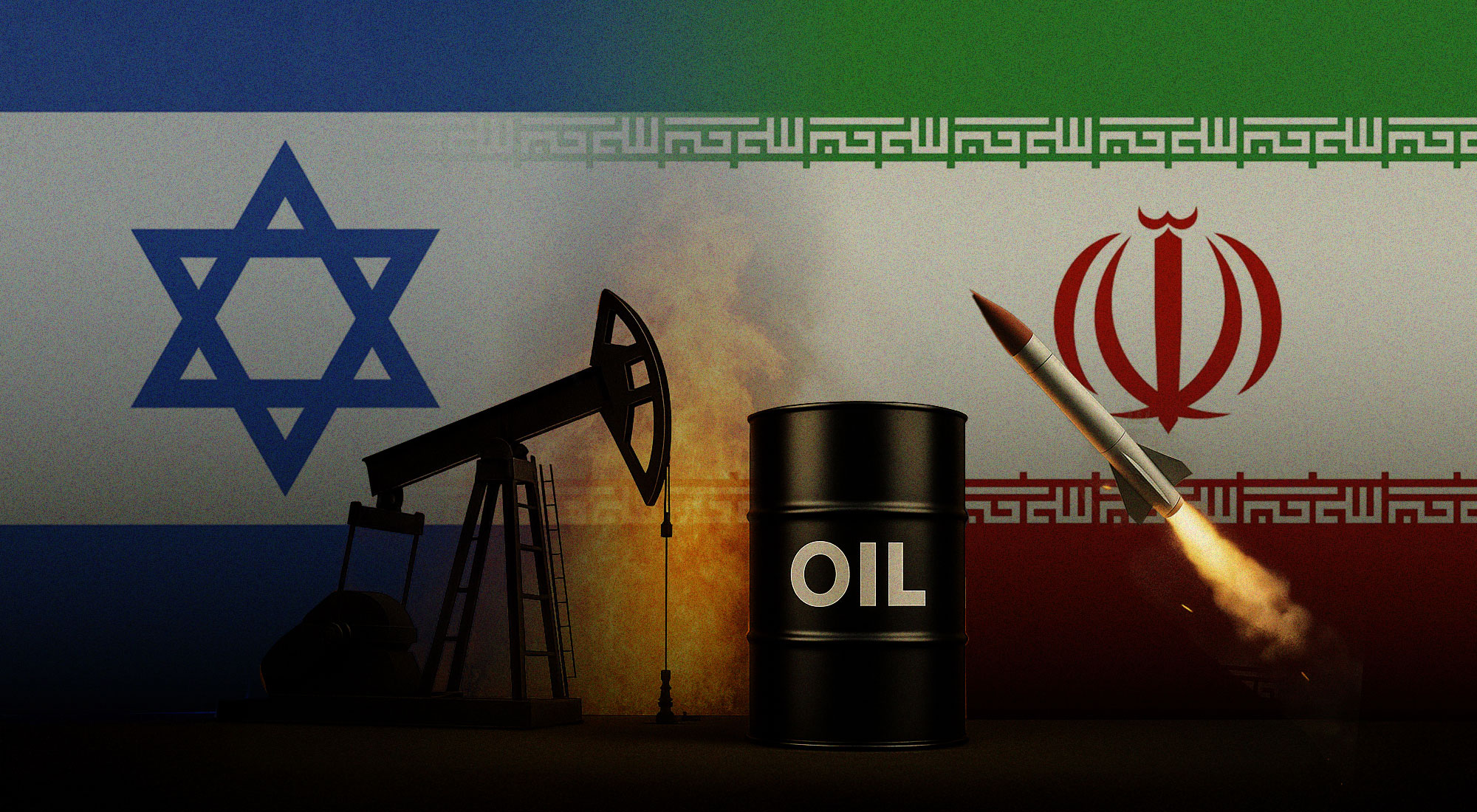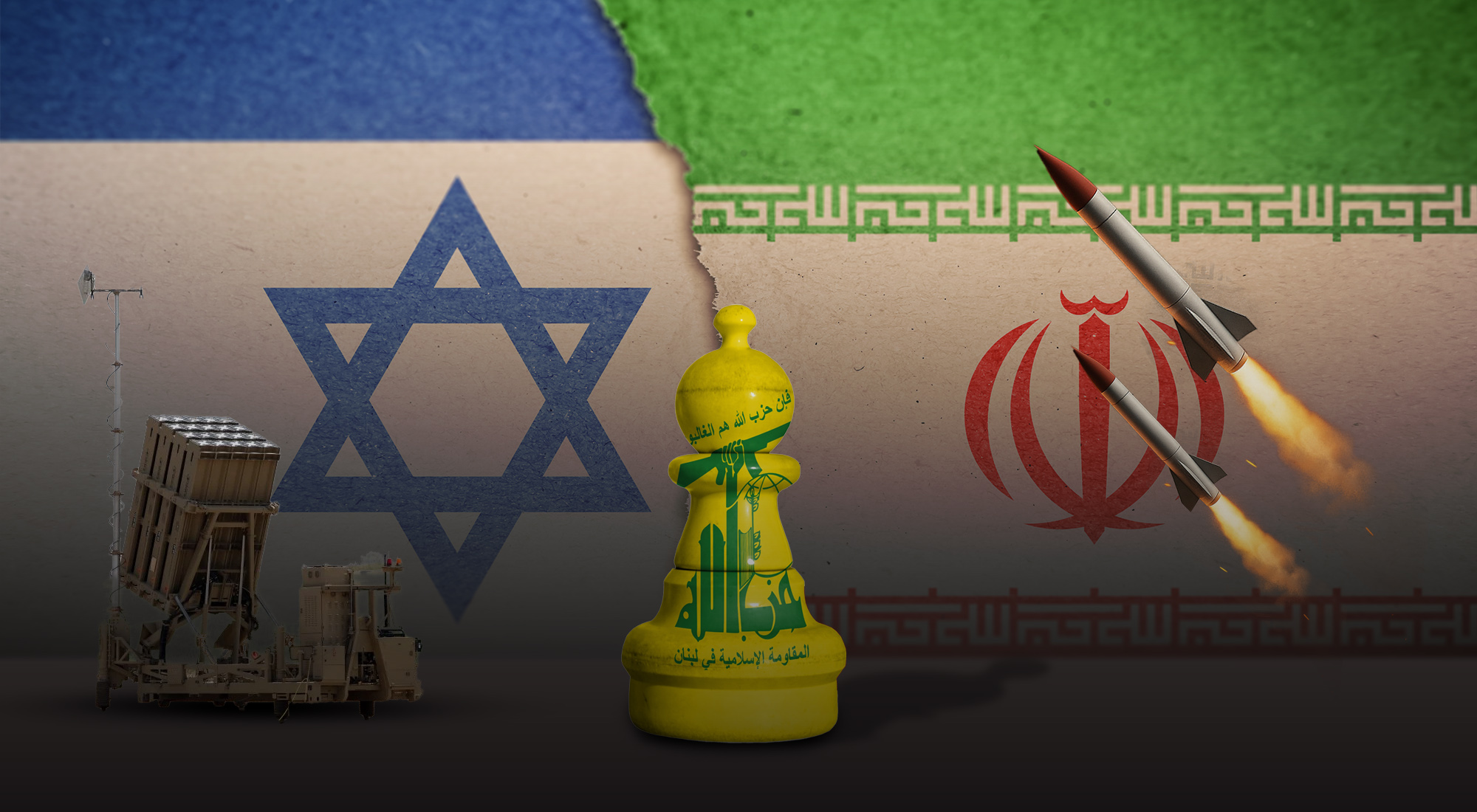The Taliban have won for the second time in Afghanistan in 30 years – imposing their will at gunpoint, where three superpowers could not. As noted by many, Afghanistan has indeed served as the “graveyard of empires,” with the defeat of the Soviet Union, the British Empire, and now the United States in succession over three decades.
Whatever one thinks of the Taliban, it is hard not to admire their grit, tenacity, and commitment to their political objective of an Islamist state. They faced down the West’s better equipped, better funded, modern militaries in the latest phase of their war after being evicted from Kabul in late 2001.
They are only the latest example of guerilla movements that decisively defeated occupying forces, who, in the end, proved incapable of building viable host nation institutions to command the allegiance of the people. It will be added to the list of Algeria, China, and Vietnam, where outside powers proved incapable of helping engineer what they believed to be a favorable domestic political order. [2]
So, what next? This piece draws upon levels of analysis that break down the implications of the Taliban victory at the global, regional, national, and intra-national levels. It will specifically examine: (1) How the re-emergence of the Taliban affects the regional balance of power across the Middle East and South Asia; (2) What their victory may mean for the re-emergence of terrorist threats; (3) The implications for the United States and the recriminations already swirling about a mismanaged withdrawal; (4) The impact on Afghan society and the failed attempt to impose a western-style civil society featuring transparency, democracy, and human rights.
The regional balance of power
The immediate winner in the zero-sum game that defines the regional balance of power is Pakistan, which had to deal with the Taliban in the immediate neighborhood. However, the relationship dates to the Afghan civil war following the Soviet pullout in 1989. Following the US invasion in 2001, Pakistan provided the Taliban with a haven to rest, refit, and rebuild, even as Islamabad cozied up to Washington as a key partner in the post-9/11 “war on terror.”
It proved a deft political act as Pakistan vacuumed up billions of dollars in US aid as it simultaneously turned a blind eye to US drone attacks against Al Qaeda and other groups in the Federally Administered Tribal Areas and Northwest Frontier Provinces. At the same time, it also kept the Taliban and other groups alive to fight another day. As the Taliban gradually rebuilt its strength, Pakistani factories churned out limitless quantities of the ammonium nitrate used for the various generations of improvised explosive devices that helped kill and main thousands of American and NATO troops, as well as Afghan soldiers and civilians. [3]
Pakistan never wanted a pro-Western democracy in Kabul. Now its objective of an Islamist, pro-Pakistan government in Kabul has been realized. Like the Taliban, it also is a winner in seeing the defeat of the United States. One result of the war will be Pakistan’s continued drift away from the United States toward China and a continued focus on its rivalry with India. However, Pakistan’s regional ascendance must be seen in a broader context in which the historical “great game” in Central Asia has taken on a different geopolitical context. [4]
Instead of the 19th-century face-off between Britain and Russia, today’s players in the quest for regional ascendance include Russia, China, India, Turkey, and Iran, with the West seeking influence from a weakened position. Of these players, China will see its influence increase due to its extremely close relationship with Pakistan. Kabul eventually may become one more land-based outpost in the “string of pearls” of bases that China is building across central and South Asia and the Indian Ocean in pursuit of markets, increased political influence, and access to vital raw materials.
In this lineup of global winners and losers, last but not least is the United States, which sought to remake both Iraq and Afghanistan into Western-style democracies through the force of arms. There is no other way to state it: the United has crashed to defeat in both places, left with nothing but body bags, maimed soldiers, and the final bill totaling trillions of misspent mostly borrowed taxpayer dollars. [5] It is hard not to link the failures of Iraq and Afghanistan as the bookends of America’s era of catastrophic post 9/11 military adventurism in the “war on terror.” If America indeed ever was in a so-called “unipolar” moment following the collapse of the Soviet Union, its defeat in Afghanistan to lightly armed, rural insurgents provide the poignant exclamation point to the end of that moment.
With accusations and criticisms already swirling in the United States over the Biden Administration’s rush for the exit, there are, of course, sure to be recriminations over what some see as a bungled, hasty departure. [6] However, the view here is that President Biden made the right decision to leave and that his decision, once made, could not be finessed in such a way to have produced a different result. [7] Like the last helicopter leaving Saigon, the end of these ill-advised, expensive, and unwinnable wars is not pretty. However, it does not mean that the United States should continue to shoulder the burden of defending people that, in the end, showed little interest in defending themselves.
It is worth noting that the US invaded Afghanistan as part of the global “war on terror,” proclaimed by George Bush following the 9/11 attacks. The invasion of Afghanistan came as a direct result of its role in hosting Al Qaeda in various training camps, not to mention the haven it gave to Osama bin Laden. Indeed, Mullah Omar and the Taliban leaders refused to hand over Bin Laden to the United States, which prompted the invasion.
How will the Taliban leadership conduct itself vis-à-vis supporting another global terror network or other terrorist groups this time around remains to be seen. The guess here is that the Taliban will have learned its lesson – to keep its revolution confined within its borders and make more intelligent choices over teaming up with extremists that might again seek to use Afghanistan as a base of operations.
The Taliban will have little interest, for example, in allowing another ISIS franchise to operate within its territory, as they see the group as a direct challenge to its own hard-won political and religious authority. To the extent it was ever truly unified, it is also worth noting that the terror networks have also moved on, choosing to pursue localized political objectives as opposed to Bin Laden’s revolutionary ideal of a global movement that sought to unify the Sunni and Shiite branches of Islam.
Perhaps the last, and by no means the least severe, global implication of the Taliban victory is that we can expect Afghanistan to continue in its position as the world’s leading supplier of opium. The drug is one of the country’s only viable, cash-producing export – a fact not lost on the Taliban, which made good use of the drug trade to fund its operations. The world is not and will not be a better place as the state apparatus embraces opium production for the revenue stream it will create for the regime. Afghanistan likely will become the world’s leading quintessential narco-state if it already does not carry this dubious distinction.
Regional implications
It is unclear whether and/or how much the Taliban victory will affect the geopolitical face-off in the Arabian Gulf and the Middle East. With US influence there also on the wane, the region has seen the emergence of what political scientists refer to as “multi-polarity” that features a series of regional powers jostling for position relative to each other. There are three main players: Turkey, Israel, and Egypt, the Gulf Arab states, and the Iran-Iraq partnership that extends into what is left of Syria. It is not clear that a Taliban-governed Afghanistan will fundamentally alter this regional system. The Taliban has little to gain from joining one bloc or the other, and it does not have much to offer any of the regional antagonists.
Iran certainly cannot regard the re-emergence of a Sunni Islamist Taliban state on its northern border with equanimity. At the same time, it must be said, wildly cheering the departure and defeat of the United States. If nothing else, however, Tehran has proven itself adept at crafting a non-ideological/religious foreign policy. Khomeini’s Islamic revolutionary fervor has long since ceased to be a driving force in Iranian foreign policy. Also, now an Islamist republic, Turkey may believe it could have an ally in Kabul – but not necessarily a game-changing one in Ankara’s interests in Central Asia.
It is worth highlighting that the Taliban represent the third (or fourth if one now counts Turkey) overtly political Islamist state across the wider region, following Iran, Sudan, and Turkey down the path of overt Islamist governance. It is not clear whether any of these models of political Islam have delivered on their promise of balancing religion and government with a viable religiously based social and political contract. If history is any guide, the Taliban will impose Sharia law and seek to limit “modern” influences on the society that will not represent social and political “progress” for its people. The view here is that the Taliban’s model of Islamist government is unlikely to find traction elsewhere across the region and become a viable political alternative (for example) to countries in the Arabian Peninsula.
National considerations
For the United States, the still vibrant neo-conservative foreign policy network in Washington DC will howl about the Biden Administration’s botched withdrawal and the disastrous consequences of the supposed loss of American credibility worldwide that will follow the defeat. This is the same group that launched both the Afghan and Iraq wars to no strategic purpose and which needlessly frittered away American lives and money in their futile quest to re-engineer societies that had little interest in being re-engineered. America’s defeat in Afghanistan is a wake-up call to its political system to keep the worst impulses of the militarist voices in check – voices that are now turning their attention to Iran.
A perhaps more serious issue that is sure to be swept under the rug was/is the toxic environment created by the war for civil-military relations. Under this, a succession of senior military leaders kept up the soothing, predictable public message of “progress” whenever they appeared on podiums. As was the case in Iraq, out came the charts with colors moving from red to green to sell the story of increased capability in the Afghan security forces. The message was a lie then and remains one now.
I witnessed this phenomenon on a visit to Afghanistan during General Petraeus’ tenure commanding the war effort. Everyone in the military chain of command knew that the charts were intended for the home audience and had nothing to do with the actual situation on the ground. However, it also must be said that military leaders like Petraeus delivered the message that their political masters wanted to hear, so both civilian and military leaders happily lived a lie – leaving the American people in the dark. It is doubtful there will come by any attempt to assign accountability to senior military leaders that came home and went off to Harvard and other hallowed halls in industry and the academy, along with the six-figure speaking fees for addressing rotary clubs around the country.
The greatest national-level tragedy of the Taliban’s victory is that, as always, it will be the civilian population of Afghanistan that is the biggest loser. Afghan women will bear the brunt of the return of a male-dominated social, political, religious, and cultural order masked as exercising authority under the guise of religious fundamentalism supposedly based on a literal reading of Islamic texts.
Conclusion
Democracy went down in flames in Afghanistan with America’s defeat and the Taliban’s victory. It represents another state in the 21st century moving toward authoritarianism – hardly the narrative of the “end of history.” Some believed that the West’s Cold War victory represented the beginning of new age of global politics based on free trade, globalization, and democracy.
However, it is worth noting that despite the doom and gloom surrounding the Taliban’s victory, Americans are today welcomed in what used to be called Saigon. Defeats can seem catastrophic as they unfold, but in the long term, as noted by the great German strategist Carl von Clausewitz, the results of war are almost never final. France recovered from its debacle in Algeria, just as the United States recovered from Vietnam and, together with its European partners, faced down the Soviet Union in the Cold War.
One hopes the United States will move on from the bookends of its failed wars in Iraq and Afghanistan in the age of terror that quickly spiraled into strategic irrelevance, in which it became increasingly unclear how the force of arms was linked to achievable political objectives. It is unlikely that long-term lessons will be learned from the experience. However, maybe, in the short term, the United States might become more prudent, sensible, and less trigger-happy in reflexively reaching for the holster to solve complex political problems far from its shores.
References:
[1] The views in this article are those of the author alone.
[2] As chronicled in Daniel Moran, Wars of National Wars of Liberation (London: Cassell, 2001)
[3] See Guilia Scalabrino, “Afghanistan: A case study in IED harm,” Action on Armed Violence, October 15, 2020: https://aoav.org.uk/2020/afghanistan-a-case-study-in-ied-harm/
[4] Peter Hopkirk, The Great Game: The Struggle for Empire in Central Asia (Kodansha Publishing: New York, 1992)
[5] The Watson Institute at Brown University Costs of War Project places the cost of America’s wars in Iraq, Afghanistan, Pakistan, and Syria at $6.4 trillion. The breakdown of these figures is posted online at https://watson.brown.edu/costsofwar/figures. According to Statista, through February 2021, 7036 servicemen/women lost their lives in Iraq and Afghanistan; link at https://www.statista.com/statistics/303472/us-military-fatalities-in-iraq-and-afghanistan/. Defense Department statistics indicate that just over 59,000 servicemen/women were wounded in action in Iraq and Afghanistan. These figures do not include psychological injuries that emerged once troops came back to the US, such as suicides at Post-Traumatic Stress Disorder.
[6] Sarah Ferris, Olivia Beavers, and Heather Caygle, “Republicans Trash Afghanistan ‘Embarrassment’ in Closed Door Briefing,” Politico, August 15, 2021. Link at https://www.politico.com/news/2021/08/15/liz-cheney-afghanistan-taliban-504712
[7] For an opposite view, see Paul Miller, The Dispatch, August 13, 2021: https://thedispatch.com/p/afghanistan-didnt-have-to-end-this








